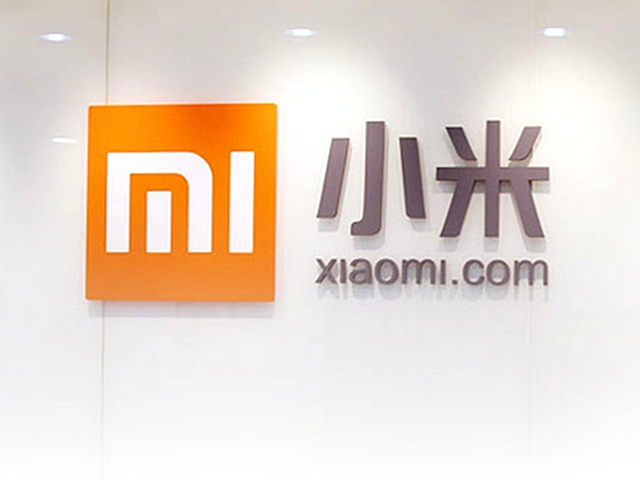
Xiaomi has found itself under scrutiny due to concerns that it may be a security threat, with the Taiwanese government expected to make a decision on the smartphone company within three months. It is unclear whether this could lead to a ban on Xiaomi's low-priced smartphones in Taiwan.
A statement on the website of Taiwan's executive branch on Tuesday referred to the fact that some of the company's smartphones automatically send user data back to the Xiaomi servers in Beijing, resulting in a risk of security breaches.
Both Chinese businesses and government are regularly accused of cyber and industrial espionage, and the move by Taiwan is another case of this.
Taiwan -- a breakaway province -- is a subject of debate amongst commentators concerned with its over reliance on the mainland. Critics of Beijing claim that China's expanding economic ties give the growing power influence over its smaller neighbor’s staunchly democratic politics.
Japanese instant messaging service Line, owned by South Korea's Naver Corp, will also be banned on government work-related computers due to security fears, the report said.
While a Line spokeswoman based in Tokyo told Reuters that the company is investigating the issue, Xiaomi declined to comment.
It's not the first time Xiaomi has been implicated in concerns over data access. Accusations that surfaced recently drove the firm to upgrade its OS and to give users an opt-out option of data collection from address books.
Although its consumer base mainly resides in China, the low-cost smartphone maker now has a presence in India, Singapore, Indonesia, Malaysia and the Philippines, with further expansion earmarked for Thailand, Mexico and Brazil.
Taiwan is seen by Beijing as a renegade province, though trade ties have increased dramatically between the two regions in recent years.
Published under license from ITProPortal.com, a Net Communities Ltd Publication. All rights reserved.

